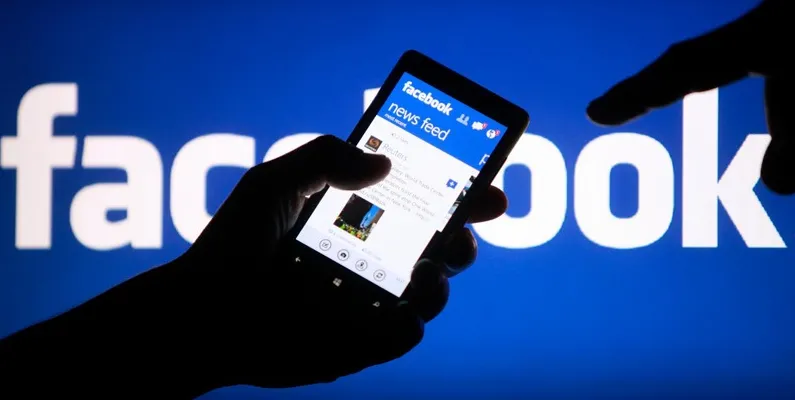Facebook Co-founder Chris Hughes calls for company breakup, says the original team is disappointing
The Co-founder wrote that Mark Zuckerberg’s influence is staggering and his power unchecked. And now, the US government needs to hold the CEO accountable.

In 2003, a group of students from Harvard University was working on a little project inside their dorm. This was the beginning of Facebook - the top ‘social networking’ site today. Among this group was Mark Zuckerberg, the CEO of Facbook.
After the site became popular in Harvard, it was made available to students of Stanford, Yale, Columbia, and other universities. By September 2006, anyone aged above 13 could have their own account on Facebook.
Over the years, the Menlo Park, California-based company has grown exponentially. At 23, Mark Zuckerberg became the youngest self-made billionaire. And today, Facebook has spread its wings far and wide, and has acquired companies like Instagram and WhatsApp, who were market leaders in their own space when they started.
But not everyone is happy. In fact, last night, Co-founder Chris Hughes wrote in The New York Times that the company should break up, warning that Mark Zuckerberg had become far too powerful.
In a video accompanying the article, Chris said the early days of Facebook spoke of a classic American story of innovation and entrepreneurship. Today, Chris Hughes is the Co-chair of Economic Security Project and the author of the book Fair Shot.
Chris claims that Mark controls over 60 percent of voting shares inside Facebook. He explained,
“Mark alone can decide how to configure Facebook’s algorithms to determine what people see in their News Feeds, what privacy settings they can use and even which messages get delivered. He sets the rules for how to distinguish violent and incendiary speech from the merely offensive, and he can choose to shut down a competitor by acquiring, blocking, or copying it.”
He expressed anger at the company’s carelessness towards its users’ data and fake news, and spoke about the measures the social media giant has used to keep users aboard on the platform.
“I’m disappointed in myself and the early Facebook team for not thinking more about how the News Feed algorithm could change our culture, influence elections, and empower nationalist leaders,” he wrote.
Chris was referring to the Cambridge Analytica scandal where personal data of 50 million people were harvested for political campaigns, and a bug inside Facebook that publicly published 14 million private accounts and affected its users worldwide.
Facebook responded in an emailed statement to CNet, where Nick Clegg, Vice President - Global Affairs and Communications at Facebook, said the company accepts that ‘with success comes accountability’ and added, "You don't enforce accountability by calling for the breakup of a successful American company."







